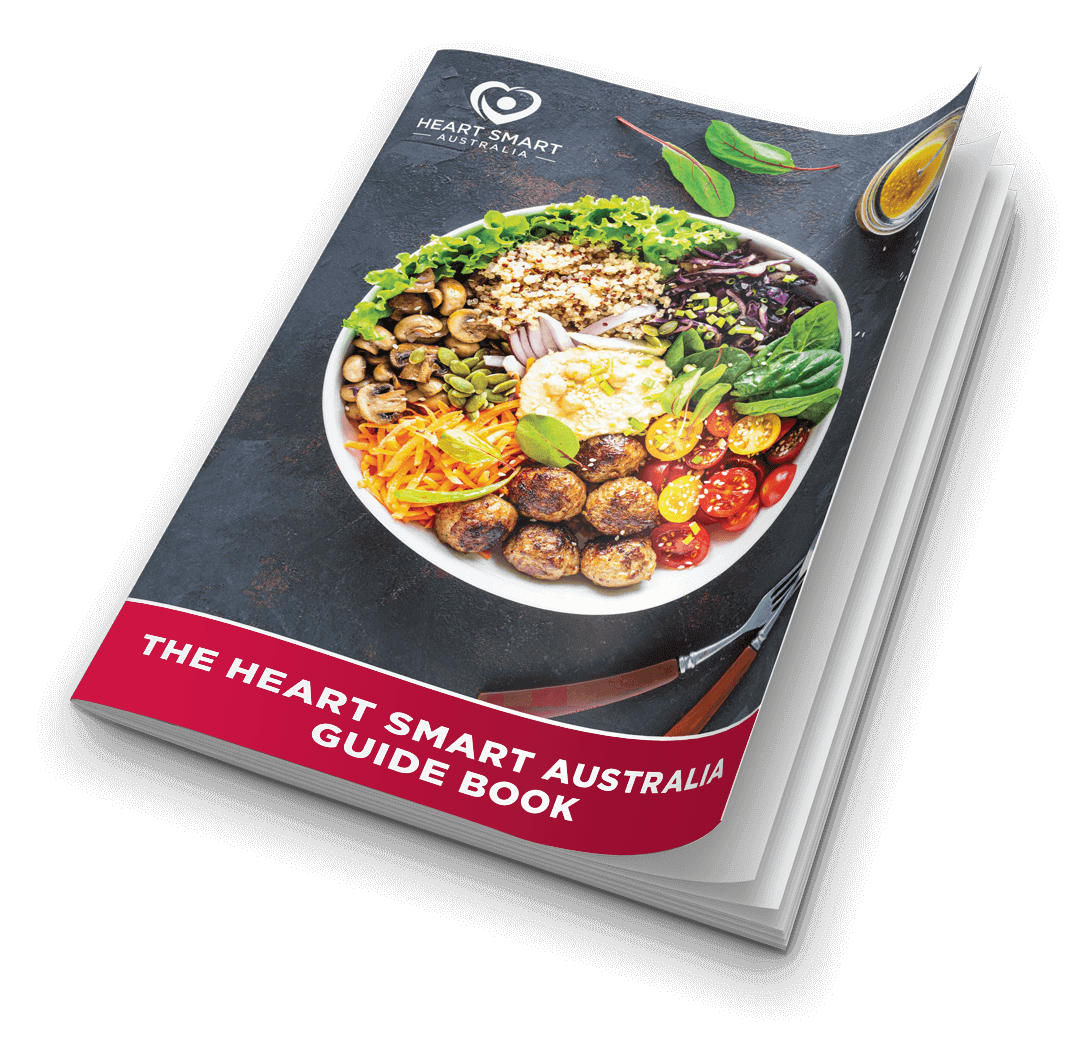3 Must-Try Mediterranean Diet Recipes You’ll Love
Welcome to the world of the Mediterranean diet, a culinary journey that’s not just about savouring delicious meals but also embracing a heart-healthy lifestyle. This diet, celebrated for its rich flavours and diverse ingredients, has been a subject of interest for health-conscious individuals globally.
In this article we will explore:
What is a Mediterranean Diet?
The Mediterranean diet is more than just a meal plan; it’s a centuries-old tradition that hails from the countries bordering the Mediterranean Sea. Characterised by a plant based approach with a high consumption of vegetables, fruits, whole grains, nuts, and olive oil, this diet is as nutritious as it is delicious. Mediterranean diet recipes prefer fish and poultry over red meat, and herbs and spices take the place of salt for seasoning. (1) Some other important components of the mediterranean diet that are worth mentioning are its emphasis on:
- Healthy Fats: Unlike diets high in saturated and trans fats, the Mediterranean diet is rich in monounsaturated fats from sources like olive oil and avocados.
- Omega-3 Fatty Acids: Found in fatty fish like salmon, mackerel, and sardines, omega-3s are essential fats that the body can’t make on its own. (1)
The added benefit of this approach to eating, is that it displaces the addition of discretionary foods from the diet. Those being foods which are highly processed and rich in salt, sugar and trans fats. (2) It also gives special mention to choosing water as the main daily drink source and encourages daily physical activity. But what truly sets it apart is its emphasis on enjoying meals with family and friends, making it a lifestyle rather than a mere dietary choice.
The Health Benefits of a Mediterranean Diet
It’s hard to find a bad thing to say about the Mediterranean diet, especially when it has been extensively researched, with findings always leaning in favour of its health benefits. One specific study which summarises the research across the years of the Mediterranean approach to eating celebrates its ability to have a positive effect on:
- Life span
- Cardiovascular disease
- Coronary heart disease
- Heart attack
- Cancer
- Memory disease like Alzheimer’s and dementia
- Diabetes
- Stroke (3)
Other notable benefits of the Mediterranean diet which are emerging from research and continuing to be studied include:
A Day On a Plate With Mediterranean Diet Recipes
Here are 3 different Mediterranean diet recipes that you can incorporate into your day and week.
Mediterranean Breakfast: Avocado and Poached Egg Toast
Serves: 2
Cooking Time: 15 minutes
Ingredients:
- 2 slices of whole grain bread
- 1 ripe avocado
- 2-4 eggs
- 1 tablespoon olive oil
- ½ cup cherry tomatoes, halved
- ¼ cup feta cheese, crumbled
- Fresh herbs (such as parsley or basil), for garnish
Method:
- Toast the bread slices to your preferred crispness.
- Halve the avocado, remove the pit, and scoop the flesh into a bowl. Mash it with a fork.
- Spread the mashed avocado evenly on the toasted bread.
- Bring a pot of water to a simmer. Crack each egg into a small bowl and gently slide them into the simmering water. Poach for about 3-4 minutes.
- Carefully remove the eggs with a slotted spoon and place them on top of the avocado toast.
- Garnish with cherry tomatoes, crumbled feta cheese, and a sprinkle of fresh herbs. Drizzle with olive oil and serve immediately.
Lunch: Mediterranean veggie wrap
Serves: 4
Cooking Time: 30 minutes
Ingredients:
- 2 capsicums, chopped into 1cm strips
- 1 small eggplant, diced
- 1 large zucchini, diced
- 2 cloves garlic, minced
- 1 tablespoon extra virgin olive oil
- 1/2 cup (125g) hummus
- 1/4 cup (45g) pitted black olives, sliced
- 1/4 cup (170g) feta cheese, crumbled
- Fresh coriander bunch, roughly diced
- 4 whole grain, high protein wraps
Method:
- Preheat the oven to 200°C and line a large baking tray.
- To the baking tray, add the capsicum, eggplant, zucchini, and garlic. Drizzle with the olive oil. Bake for 20-25 minutes until vegetables are tender and beginning to brown, mixing occasionally.
- After the vegetables have cooled slightly, start to assemble the wraps. To each wrap, add 2 tbsp of hummus then layer the roasted vegetables, olives, coriander and feta.
Dinner: Baked Dukkah Salmon with Quinoa and Roasted Vegetables
Serves: 2
Cooking Time: 30 minutes
Ingredients:
- 2 salmon fillets (about 125-150g each)
- 1 cup quinoa
- 2 cups assorted vegetables (Broccoli, asparagus, cauliflower, capsicum), chopped
- 2 tablespoons olive oil
- 2 teaspoons dukkah
Method:
- Preheat the oven to 190°C
- Place the salmon fillets skin side down on a baking sheet. Sprinkle the dukkah over top.
- Bake the salmon for about 10-15 minutes, or until just cooked through.
- While the salmon is baking, cook the quinoa according to package instructions.
- Toss the chopped vegetables with the olive oil and spread them on a separate baking sheet. Roast in the oven for 20 minutes, until tender and golden.
- Serve the baked salmon over a bed of quinoa, accompanied by the roasted vegetables.
Tips for Following the Diet
When it comes to making any dietary change, my number one tip is to always start slow with small changes. You might like to gradually incorporate more fruits and vegetables into your day to begin with. Other tips are:
- Opt for healthy fats: Replace butter with healthy fats like olive oil and snack on nuts and seeds.
- Be mindful of salt: Use herbs to flavour dishes instead of salt.
- Eat More Fish: Aim for at least two servings of fish per week, particularly fatty fish like salmon, which are high in omega-3 fatty acids.
- Highlight plant protein: swap out one meat-based meal for a plant-based meal containing legumes like lentils or black beans each week.
- Enjoy meals with family or friends for a complete Mediterranean experience.
Conclusion
The Mediterranean diet offers a delectable pathway to improved health and well-being. By incorporating these recipes into your daily routine, you can enjoy the rich flavours of Mediterranean cuisine while reaping its numerous health benefits. Remember, it’s not just about the food; it’s about a healthier, more enjoyable lifestyle.
How we reviewed this article:
- Sources
- History
Heart Smart Australia utilises a variety of credible and reliable sources to support and provide valuable insights into the topic being discussed. From academic journals to government reports, each reference has been carefully selected to add depth and richness of our articles.
- (1) Willett WC, Sacks F, Trichopoulou A, Drescher G, Ferro-Luzzi A, Helsing E, Trichopoulos D. | Mediterranean diet pyramid: a cultural model for healthy eating. 1995 Jun 1;61(6):1402S-6S
- (2) Dietitians Australia. | Mediterranean diet
- (3) Dine M et al. | Mediterranean diet and multiple health outcomes: an umbrella review of meta-analyses of observational studies and randomised trials. Eur J Clin Nutr 2018;72:30-43
- (4) Jacka, F.N., O’Neil, A., Opie, R. et al. | A randomised controlled trial of dietary improvement for adults with major depression (the ‘SMILES’ trial). BMC Med 15, 23 (2017)
- (5) Shai I, Schwarzfuchs D, Henkin Y, Shahar DR, Witkow S, Greenberg I, Golan R, Fraser D, Bolotin A, Vardi H, Tangi-Rozental O | Weight loss with a low-carbohydrate, Mediterranean, or low-fat diet. 2008 Jul 17;2008(359):229-41
Our team actively monitors health and wellness advancements, keeping our articles up-to-date with the latest information as it becomes available.




